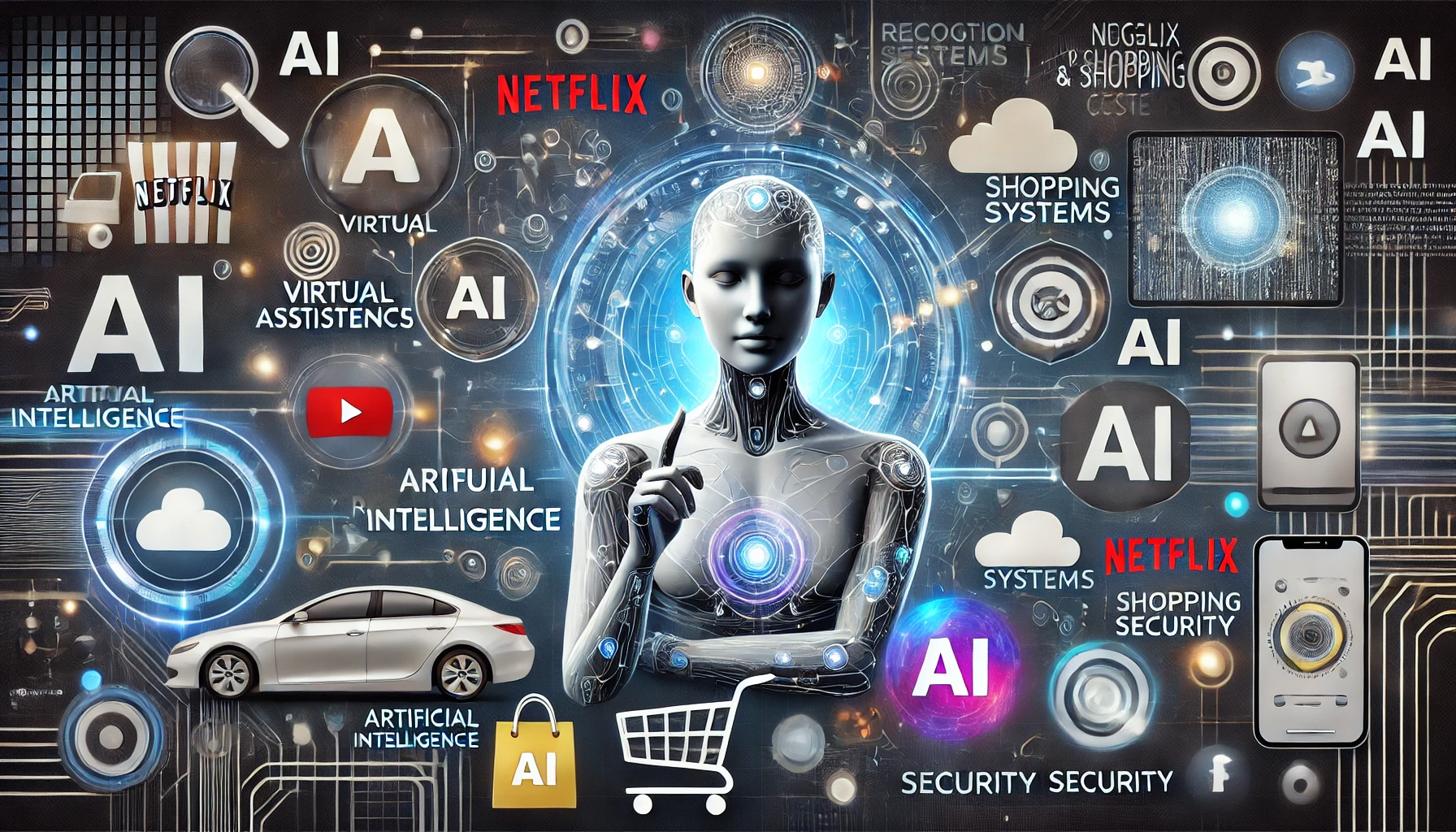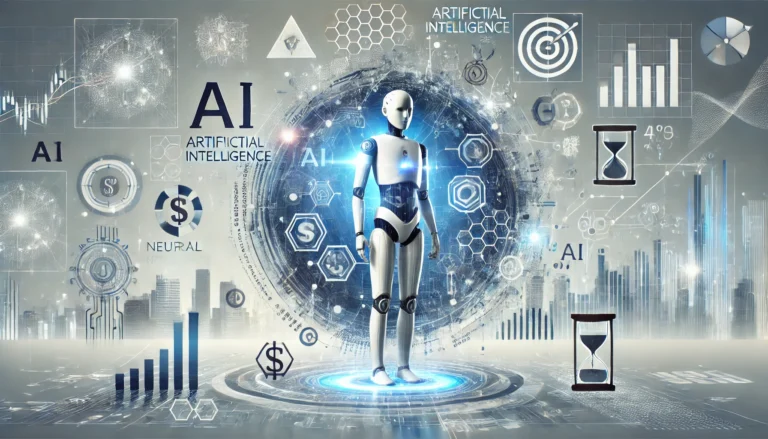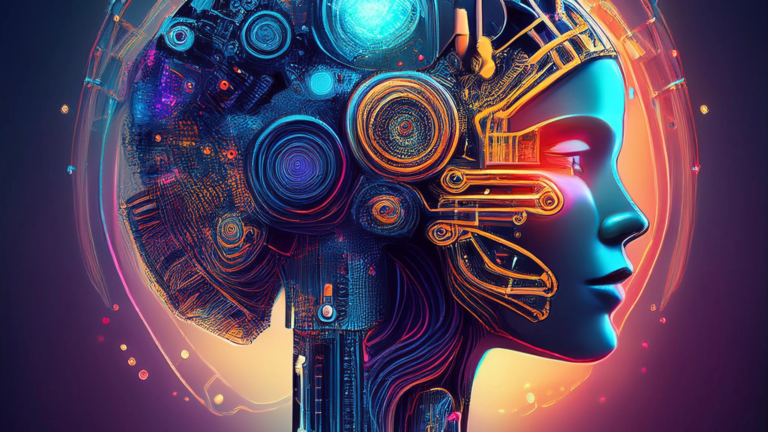Artificial Intelligence in Everyday Life: Examples You Already Use Without Knowing
Artificial intelligence (AI) is no longer a technology of the future; it is embedded in our daily lives, often in such an integrated way that we hardly realize we’re using it. From virtual assistants that answer our questions to recommendation systems that suggest new products or shows, AI is shaping our lives in subtly impactful ways. This article will explore practical examples of AI that are already present in the daily routines of millions of people, often without them even realizing it.
Virtual Assistants and Voice Commands
One of the most obvious examples of artificial intelligence in everyday life is the use of virtual assistants like Siri, Alexa, and Google Assistant. These systems use AI to understand and process voice commands, enabling us to interact with devices in an intuitive and efficient way. Whether it’s making a phone call, setting reminders, or playing music, virtual assistants rely on AI to interpret natural language and provide appropriate responses or actions.
What many people don’t realize is that behind the apparent simplicity of asking Siri to “call home” lies a complex network of speech recognition and natural language processing algorithms, which are subfields of artificial intelligence. These technologies allow virtual assistants to understand what we are saying, regardless of accent, and adapt to our speech patterns and preferences over time.
Content Recommendation Systems
Another everyday example of AI use is the recommendation systems we find on platforms like Netflix, Spotify, YouTube, or even online stores like Amazon. These recommendation systems use machine learning algorithms to analyze user browsing history and preferences, suggesting new content or products based on this data.
For example, on Netflix, when you watch a series or movie, the system gathers information about the genres, actors, directors, and even your viewing duration. With this information, the platform suggests new content that will likely align with your interests. AI plays a crucial role in offering a personalized experience, increasing the chances of the user staying on the platform longer and consuming more content.
Personalized Online Advertising
If you’ve ever noticed that after searching for a specific product online, you start seeing ads for that very product across various platforms, that’s not a coincidence. Online advertising is one of the fields where AI is widely used. By analyzing browsing behavior and patterns, AI algorithms can target specific ads to users based on their interests, increasing the likelihood of conversion.
These platforms use what is called “behavioral targeting,” powered by AI, to predict which products or services are most likely to appeal to the user, based on past interests and online behavior. Therefore, AI not only facilitates the creation of more effective ads but also improves the user experience by presenting relevant products.
Spam Filtering and Digital Security
Spam filtering in emails is another example of artificial intelligence in everyday life. Platforms like Gmail and Outlook use advanced AI algorithms to identify and block potentially dangerous or unwanted emails. These systems use machine learning to recognize patterns in emails, analyzing content, senders, and other factors to determine whether an email is spam or phishing.
Moreover, AI is also used to protect users against digital threats like malware attacks and hacking. More advanced digital security systems can monitor real-time activity and detect abnormal behaviors, alerting users or security teams before an attack can materialize.
Navigation and Maps
When you use Google Maps or another navigation service to find the fastest route to a destination, you’re benefiting from artificial intelligence. These systems use real-time data to predict traffic jams, adjust routes, and provide accurate arrival time estimates. AI allows the system to learn from traffic conditions and update routes based on changes like accidents or roadworks.
Waze, for example, heavily relies on AI to process and analyze user-provided traffic data in real time, offering faster and more efficient alternatives. Even though navigation seems like a simple task, there’s an enormous amount of data being processed and analyzed in the background, something that is only possible thanks to artificial intelligence.
Customer Service Platforms
More and more companies are implementing chatbots and virtual assistants on their websites to enhance customer service. These AI-powered chatbots can interpret user questions and provide real-time answers, often without human intervention.
Chatbots are trained to recognize a range of common questions and provide appropriate responses. They can handle simple queries like checking the status of an order or answering frequently asked questions about products or services, freeing human operators to solve more complex problems.
Conclusion
Artificial intelligence is already part of our everyday lives in more profound and widespread ways than we imagine. From virtual assistants and product recommendations to digital security and GPS navigation, AI is making our lives more efficient, secure, and personalized. And what’s most interesting is that, often, we’re benefiting from these innovations without even realizing it. As AI continues to evolve, it’s likely to integrate even more into our daily routines, becoming increasingly invisible yet indispensable.







